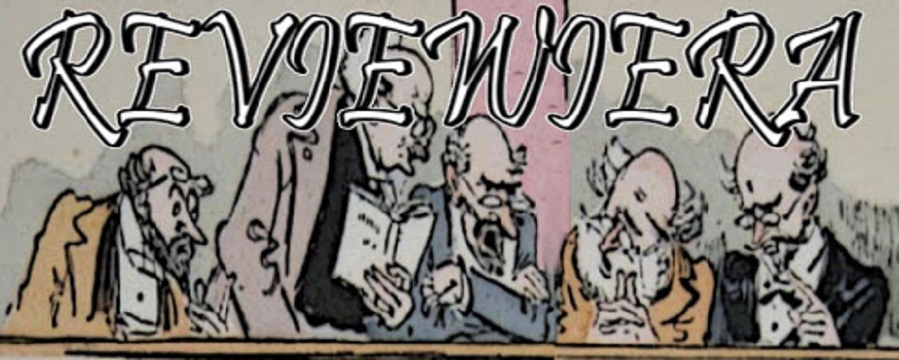The perils his characters face are savage, yet our pathos for them is tender. These films avoid ever coming off melodramatic. Well, he is French. But they’re not too bleak either. I’d feel like a sap if I just threw around the term existential too lightly, but still.
Léa Seydoux in The Beast (2023, Bonello) is the Marilyn Monroe of our times. On screen her plentiful curvature and cherub star face engulf any frame she inhabits. But this isn’t garbage Hollywood product.
The Beast is about tangible emotions accessible as set pieces. It's everything art cinema should be: something in the realm outside of conventional three act structure where inspired creativity replaces plausibility. And no, I don’t think it’s pretentious.
It’s like going somewhere outside of our own reality yet isn’t spoiled by being too trippy or whatever. The emotional stakes guide us. If anything GABRIELLE (Seydoux) is searching for something she’s lost; and that’s what’s most pertinent and relatable to our own modern society where nobody ever seems to have enough. I’m not just talking about ennui. Gabrielle exhausts her very being through every conceivable effort to track down this feeling she’s missing. And on her way we get something like the romantic bliss of the 19th century along into 2010s detached coldness and well into sci-fi AI future where all the streets are empty, sharing the same narrative plane.
Bonello’s characters' plight is a matter of bottomless emotional introspection. So in The Beast, the sounds, editing and moody cinematic sense of place with such moments as the thrill of first love couple being drowned alive while trying to escape through their only way out, and the nonchalant strangling breaking the neck of the housecat, the junkmail attack and searching your own name and finding only Trash Humpers (2009, Harmony Korine), and all that stuff about the pigeon are all I need to know I’m all in for this; and like its characters I can’t escape.
4/14/2024 Plaza Theatre
Atlanta, GA
DCP










